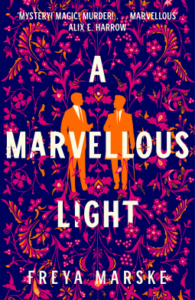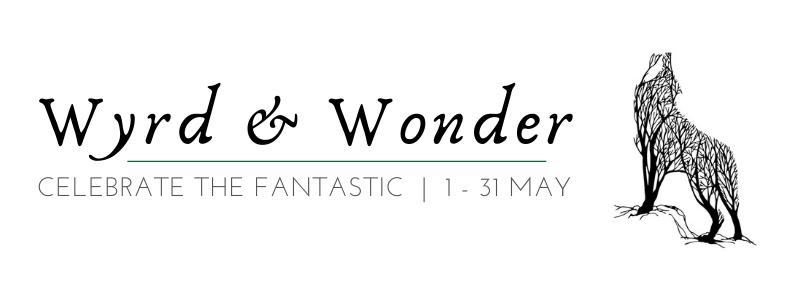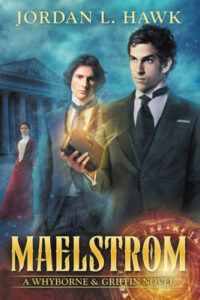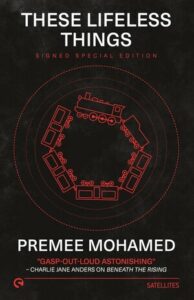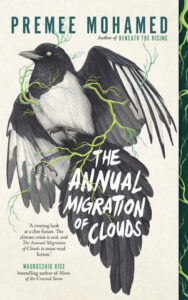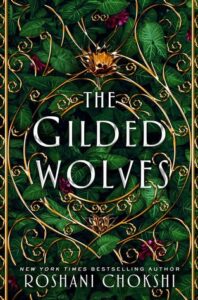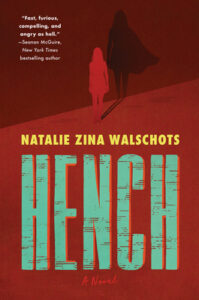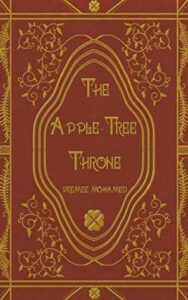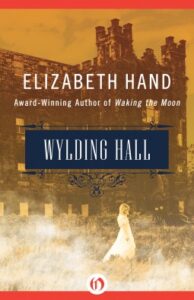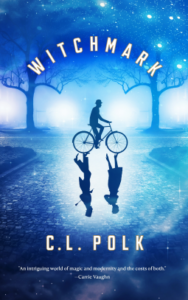 Witchmark, C.L. Polk
Witchmark, C.L. Polk
I liked Witchmark more on a reread than I did originally, I think, though at the time of writing this review I can’t access my previous review. At the time, I definitely wasn’t super eager to continue the series… though that might be partly the same reason as I’m reluctant now, that I know the second book focuses on Grace, and I think she’s despicable. Perhaps it’ll be a good redemption arc, given the start she makes at the end of the book, but her multiple betrayals of Miles — and her pathetic excuses for doing so — I’ll find it pretty difficult to forgive her.
Tristan and Miles’ relationship is cute, but for me it suffered for me reading A Marvellous Light at the same time: Edwin and Robin from that book have a more difficult bond which is built up a bit more. It felt like Witchmark has three plots: Tristan and Miles’ relationship, Miles’ investigation into what’s wrong with the returning soldiers, and Miles’ relationship with his family… and the latter two are the best handled, leaving Tristan and Miles a little short-changed. I don’t think it’d have taken much more for me to be all on board, but it felt like there was a crucial scene or two missing — but there weren’t any gaps when such a thing could’ve even happened.
There are some cool side characters like Robin, and I understand that the third book features her as a main character… so that should be interesting, assuming I can stomach Stormsong. Either way, I did enjoy revisiting this and giving it another chance.

